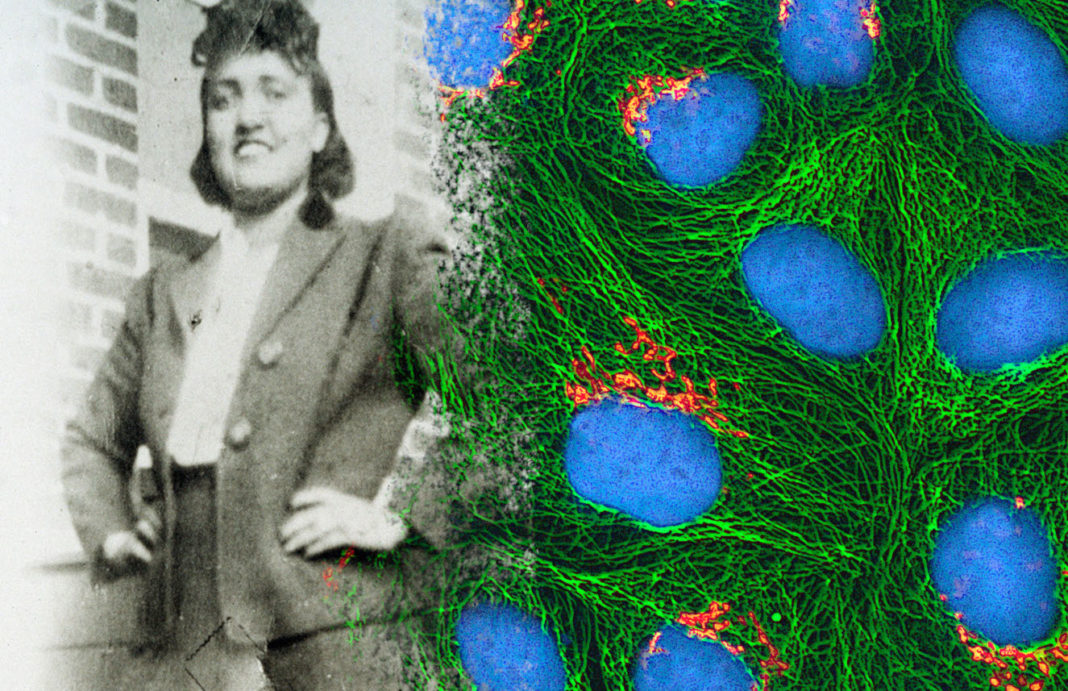Her name was Henrietta Lacks, and she died in 1951. She had been diagnosed with terminal cervical cancer. Mrs. Lacks was like any other cancer patient of her time. She took the options that were available at the time, but nothing worked. Radiation treatments for cancer at the time weren’t the best, and rarely worked. However, there is another hitch to this story.
Cancer diagnosis
 Henrietta Lacks was an African-American female. In the 1940s and 1950s, when Mrs. Lacks was diagnosed with cancer, Jim Crow laws still reigned as the supreme law of the land on the segregation front. She never stood a chance of getting decent medical care. The only center that would take African-American patients nearby had sub-par doctors for the “colored” patients. That said, her story is an inspirational one.
Henrietta Lacks was an African-American female. In the 1940s and 1950s, when Mrs. Lacks was diagnosed with cancer, Jim Crow laws still reigned as the supreme law of the land on the segregation front. She never stood a chance of getting decent medical care. The only center that would take African-American patients nearby had sub-par doctors for the “colored” patients. That said, her story is an inspirational one.
When she was diagnosed, doctors in the hospitals were trying to cultivate human cells in a lab. Nothing would last more than a couple of days if the doctors were lucky, a few hours if the sample simply didn’t work with the solution they were trying at that point. The doctors treating Mrs. Lacks got their hands on a sample of her cancerous cells when they took a biopsy to diagnose her. Unbeknownst to her, the doctors decided to try and cultivate these cells in the lab.
Cell cultivation
Henrietta Lacks’s cancer cells thrived in the solution they decided to use. Absolutely thrived. This surprised the doctors, and so they took part of the cells that had grown, and repeated the experiment to make sure it wasn’t a fluke. When the cells continued to thrive, the doctors didn’t tell Mrs. Lacks what was going on. She was African-American, and therefore, the doctors reasoned, unable to comprehend what had happened to her cells and would probably try to pursue legal action if she realized how they had gotten her cells in the first place.
HeLa cells
Until 2008, her story remained relatively unknown. HeLa became famous for her cells, but since doctors only used the first two letters of her first and last name, no one knew who she was. Rebecca Skloot, a reporter, decided to dig into the story. Thanks to her work, the book “The Immortal Life of Henrietta Lacks” hit the shelves, sharing her story with the world.
Credit: Wikimedia, National Institutes of Health (NIH)
















